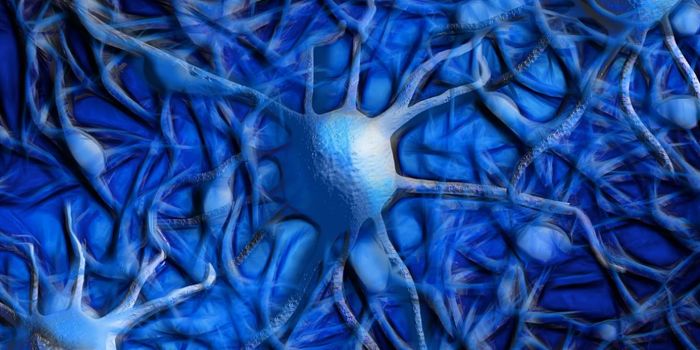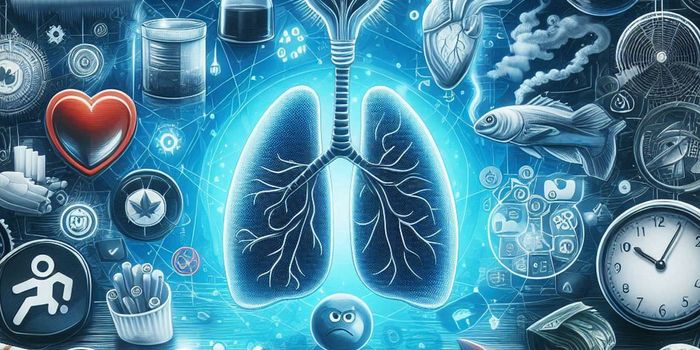Online Program Improves Stroke Survivors' Quality of Life
Access to an online lifestyle and behavioral change program is linked to better health-related quality of life among adult stroke survivors. The corresponding study was published in PLOS Medicine.
Stroke survivors often face health consequences, including physical and cognitive disability, psychological problems, and lower social participation. Research has shown that lifestyle and behavioral changes such as reducing tobacco and alcohol use and increasing physical activity can improve recovery and minimize the risk for another stroke.
For the present study, researchers developed the Prevent 2nd Stroke (P2S) online program that encourages users to set goals and monitor their progress across various health risk areas. To see whether it could improve the quality of life among stroke survivors, the researchers enrolled 399 people with an average age of 66 who had a stroke between 6 and 36 months previously.
The participants were split into two groups. One received access to P2S for 12 weeks, and the other was provided links to generic health websites by email. The participants were asked to fill in two surveys six months afterward; one assessing their health-related quality of life (via the EQ-VAS) and the other: lifestyle factors such as diet quality, physical activity, and mood.
The researchers found that those who used P2S reported a significantly higher well-being score than those in the control group. Whereas those in the control group scored an average of 80 points of 100, those in the P2S group scored 85. They further found that more people in the intervention group reported no problems with personal care or usual activities than those in the control group. However, there were no significant differences between groups on other lifestyle factors.
The researchers say that their results may be limited as their participants were mostly ‘well’ stroke survivors with limited or no disability. They say that their research, however, still shows that P2S may benefit some stroke survivors.
“This paper is the culmination of 8 years of research, starting with a small grant from the National Stroke Foundation that funded the development of the online program which was co-developed with consumers and key stakeholders,” said senior author Professor Billie Bonevski from Flinders University.
“The next step for Prevent Second Stroke is to scale up its implementation to ensure it reaches and benefits the highest number of people who have experienced a stroke, including those with greater stroke-related disability," he added.
Sources: EurekAlert, PLOS Medicine









